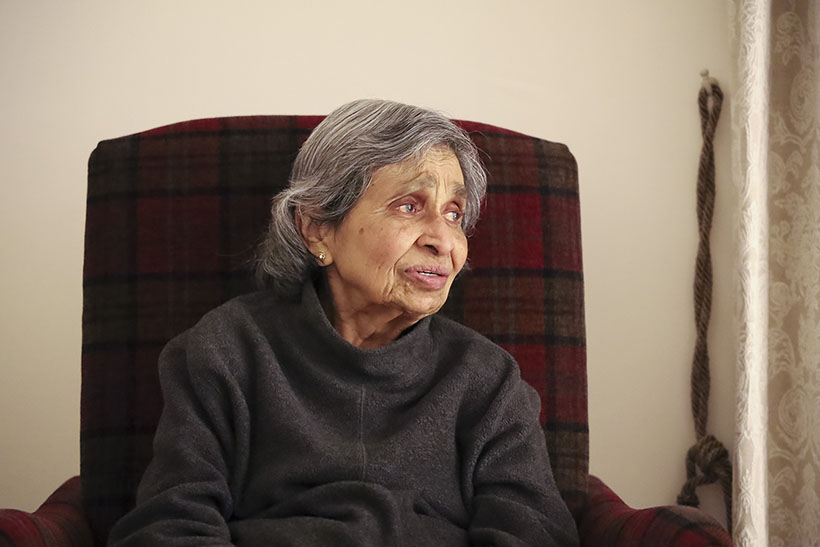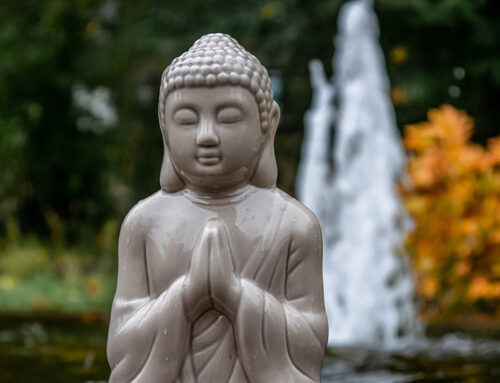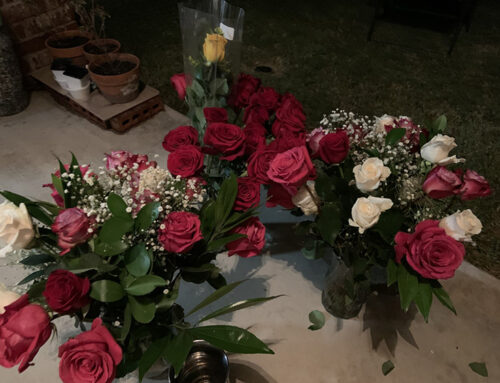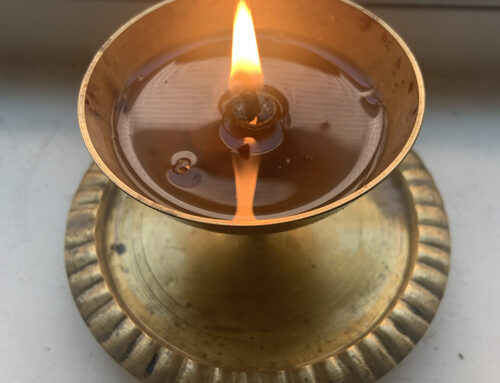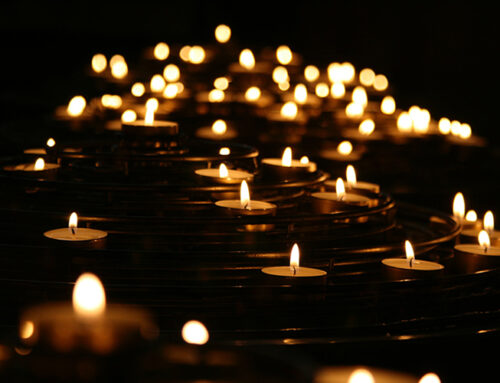In keeping with SAMHIN’s mission of greater dialogue on mental health in South Asians and to highlight the important work of others in this area, we invited Shikha Patel, a Licensed Clinical Social Worker and a trauma therapist and founder of Collaborative InSights, LLC, to share her thoughts about grief in the South Asian community.
Disenfranchised grief (Doka, 2002) is an experience of grief that is not validated or supported by the social world of the mourner. When we examine the experience of grieving in South Asian culture, it’s important to acknowledge that some individuals, families, and communities will grieve in silence, without support or affirmation.
As a social worker and trauma therapist, I’ve seen this form of disenfranchised grief occur when the circumstances of death or illness cause shame or embarrassment. The minimization of suicide, addiction, and chronic and severe mental illness as health conditions is common within South Asian culture. Unfortunately, the values and beliefs that maintain the model minority myth and “silence as strength” continue to persist when a family member or loved one dies by suicide or addiction.
Behind closed doors, I have met with numerous spouses, siblings, and children who express that asking for support is something they are fearful to do. They feel uneasy about the shame that will persist when they speak about the death of their loved one. There is worry about others speaking maliciously and judgmentally about the nature of the bereaved. Their pain worsens as they recognize that their grief is seen as unjustified.
When the collective world of this individual communicates that their grief is illegitimate it perpetuates the cycle of loneliness, internalized pain and suffering. The very direct and subliminal messages that we are fed about suicide and depression being a weakness or addiction as a choice, further penetrate the belief system around stigma. Some expect themselves to move on in silence and without support.
I offer a three-step model in challenging this disenfranchised grief:
- Start with identifying your biased beliefs, internalized messages, and thoughts surrounding mental health. Educate yourself on suicide, depression, addiction, and mental illness as being valid forms of health conditions.
- Join community spaces where these conversations are being cultivated and find safety and connection with others who have experienced similarly. When stories are told in safety, we find that shame begins to dissipate.
- Acknowledge that your grief is valid and that losing a loved one to any form of a mental health condition is a form of loss, even if your community or culture cannot validate this for you. Grieve in a way that feels best for you and find healing on your own path in your own unique ways.
In any form of grief, I encourage people to remind themselves that there is no absolute right or wrong way to express, experience, and heal. There may be meaningful cultural practices that support your process and opportunities to let go of beliefs that hinder and hold you back. I believe that grieving as our authentic selves can honor those that we have lost and keep them alive in our hearts.
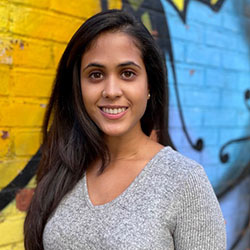 By Shikha Patel, MSW, LCSW
By Shikha Patel, MSW, LCSW
Shikha is a Licensed Clinical Social Worker and trauma therapist providing services in New Jersey and North Carolina. She specializes in mind-body and culturally empowered treatments of trauma recovery, grief, and various mental health issues. She also teaches coursework in grief and loss at Rutgers University School of Social Work. Check out collabintherapy.com to learn more about Shikha’s work or contact her.
Citation:
Doka, K. (2002). Disenfranchised grief: New directions, challenges, and strategies for practice. Champagne, IL: Research Press.
Subscribe to SAMHIN’s email list if you would like to be notified when SAMHIN publishes new blog posts.
If you are interested in joining SAMHIN’s mission or have questions about the organization, please contact SAMHIN at info@samhin.org.

